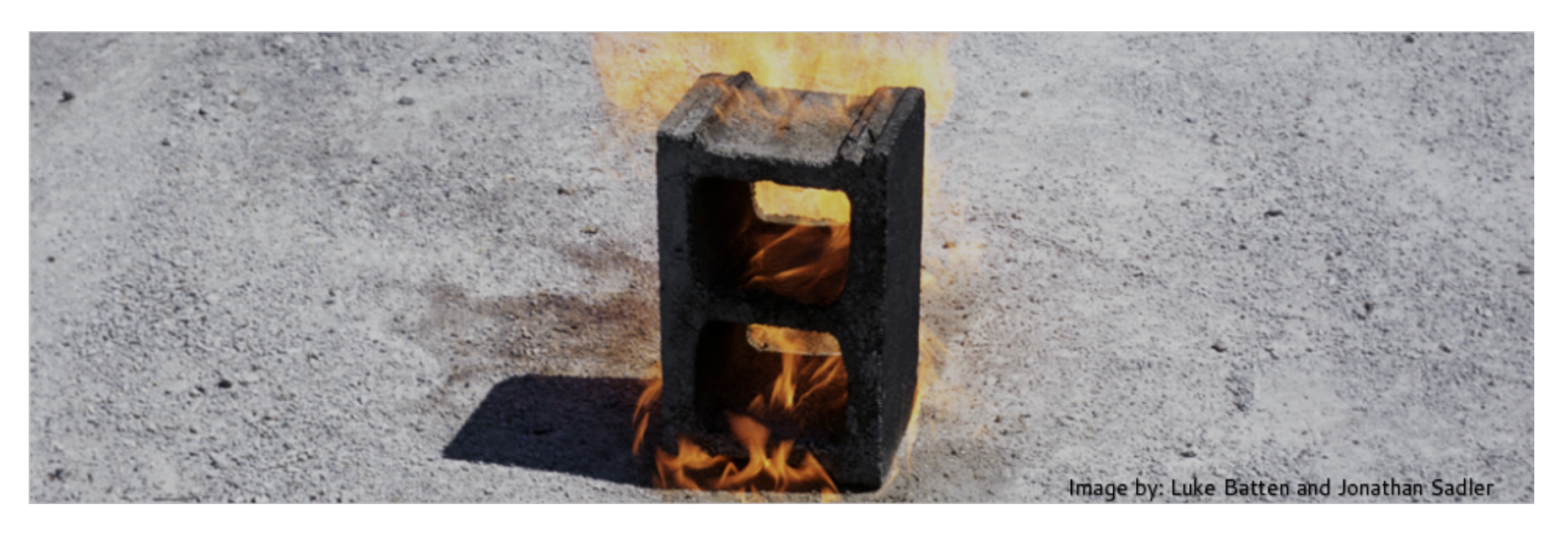Debarati Sanyal, Michael Rothberg, Ann Rigney, and Rosanne Kennedy at the Transnational Memories: Sites, Knots, Memories panel at the 2015 Modern Language Association Convention
This Days and Memory forum brings together four scholars of cultural memory, based on three continents, who have been actively involved in promoting the transnational turn in memory studies: Rosanne Kennedy (Australian National University), Ann Rigney (Utrecht University), Michael Rothberg (University of Illinois), and Debarati Sanyal (University of California, Berkeley). Three of the presenters (Kennedy, Rigney, and Rothberg) are part of an internationally funded research project called the Network in Transnational Memory Studies (NITMES), which was initiated by Ann Rigney with support from the NWO (The Dutch Research Council). Through a series of conferences, faculty exchanges, and publications—including this one—NITMES seeks to provide a platform for new debates in cultural memory studies.
In the past 25 years, memory studies has emerged as a new interdisciplinary field of cultural inquiry. It aims for insight into practices of public remembrance and the sociocultural dynamics through which mediations of the past shape collective identities and inform social action. The development of this field was linked from the outset to investigations of national memory cultures and institutions, with the nation‐state taken as the most self‐evident framework for analysis. Pierre Nora’s pioneering, influential, and contested study Les Lieux de Memoire (1984‐1992) encapsulated the link between “territorialization” (focusing on how memory narratives are fixed, located, contained, “inherited”) and the nation (as the self‐evident frame within which narratives operate and identities are shaped). With the turn towards transnational approaches in the last decade, however, Nora's concept of “sites of memory” has come under pressure as the assumed framework for memory studies. In our increasingly globalized, networked, and mediated world, alternatives to national models of memory as a resource for identity constructions are beginning to emerge without yet being fully understood.
This forum explores the consequences of the transnational turn for the study of sites, practices, and noeuds or knots of memory. The short papers collected here—originally presented at the Modern Language Association Convention in Vancouver in January 2015 on a roundtable organized by Rosanne Kennedy and Michael Rothberg—track the intersection of memory and politics across a range of sites: from Ireland to Indonesia, from Germany to Kurdistan, and beyond. At stake in these discussions are such multivalenced categories as complicity, human rights, and internationalism, which play out in relation to what Astrid Erll has called "traveling memories." Paying close attention to a range of media—from photographs and films to literary texts and monuments—contributors interrogate the mobilizing potential of public remembrance, its catalyzing force in activist projects both within and beyond nation-states.
You can find the papers here:
1. Debarati Sanyal, “Memory in Complicity”
2. Rosanne Kennedy, “The Act of Killing, the Global Memory Imperative, and Trans/national Accountability”
3. Michael Rothberg, “Remembering Ronahî, Remembering Internationalism”
4. Ann Rigney, “Transnational Bloody Sundays: Multi-Sited Memory”
We invite you to join the discussion!

